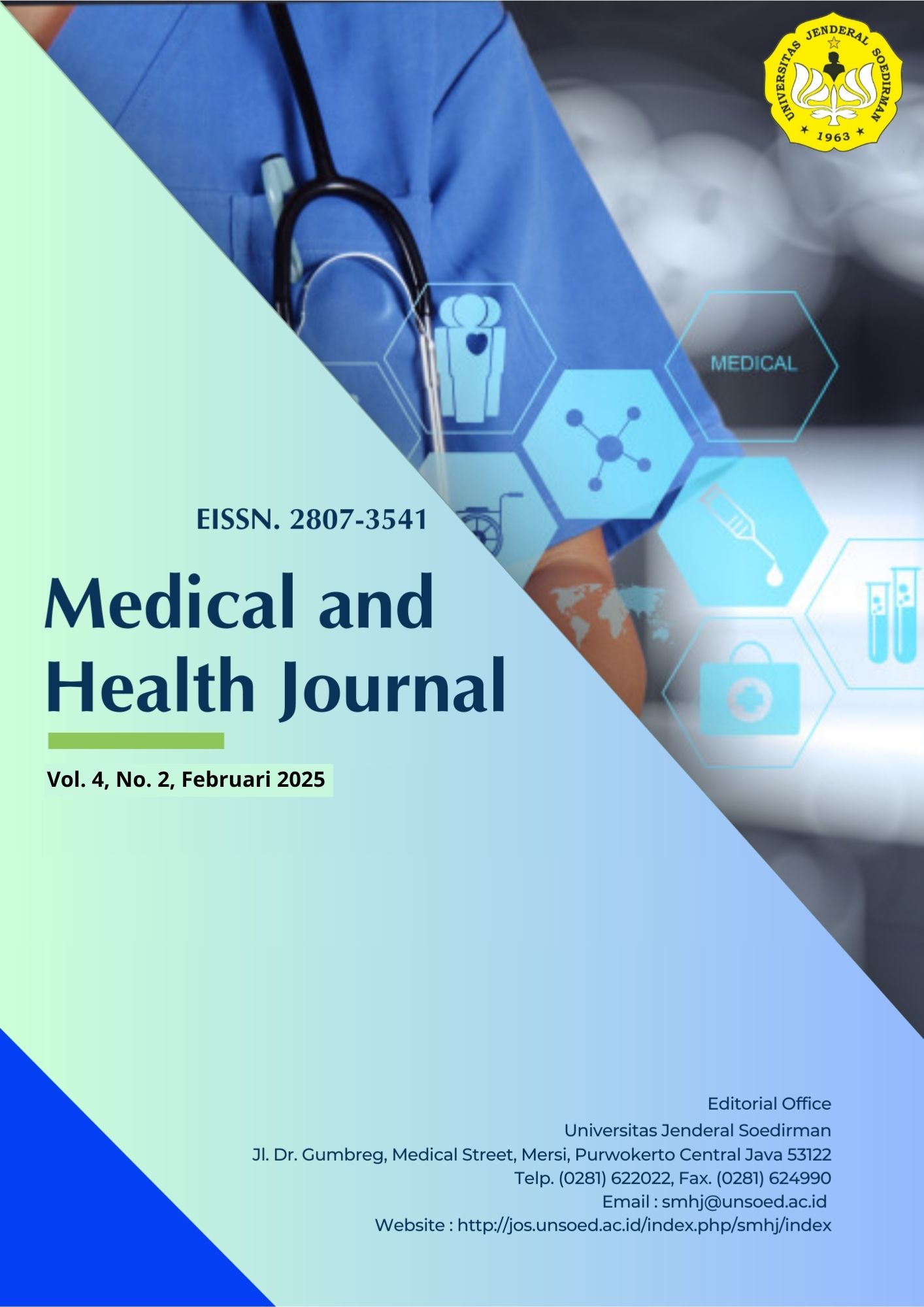HISTORY OF INFECTIOUS DISEASES AND HISTORY OF BASIC IMMUNIZATION STATUS: STUNTING INCIDENCE IN TODDLERS
Abstract
Toddler is a term used to refer to children up to the age of five. Children who are still in the toddler stage are very dependent on their parents in carrying out their daily activities. The toddler period is a crucial period in the child's growth and development process. One of the nutritional problems that often occurs in toddlers is stunting, which is a condition where the child's height is lower than the average height of children of the same age. The purpose of this study was to determine the relationship between infectious disease history and basic immunization status history with stunting incidence at Limboto Health Center, Gorontalo Regency. This study is a non-experimental quantitative study with a cross-sectional design using a retrospective analysis approach. Sampling in this study was carried out using the Non Probability Sampling Technique, namely the Purposive Sampling Technique. with a population of 2,895 respondents and a sample of 96 respondents, the chi-square test using the SPSS program obtained a p-value (0.000) smaller than α = 0.05 or p-value <α value so that it can be concluded that H1 is accepted, meaning that there is a relationship between a history of infectious diseases and the incidence of stunting in the Limboto Health Center work area. In conclusion, there is a relationship between a history of infectious diseases and a history of basic immunization status with the incidence of stunting at the Limboto Health Center, Gorontalo Regency. Therefore, this study is expected to provide useful information for the implementation of the stunting program at the health center and help achieve the program's final goals.






